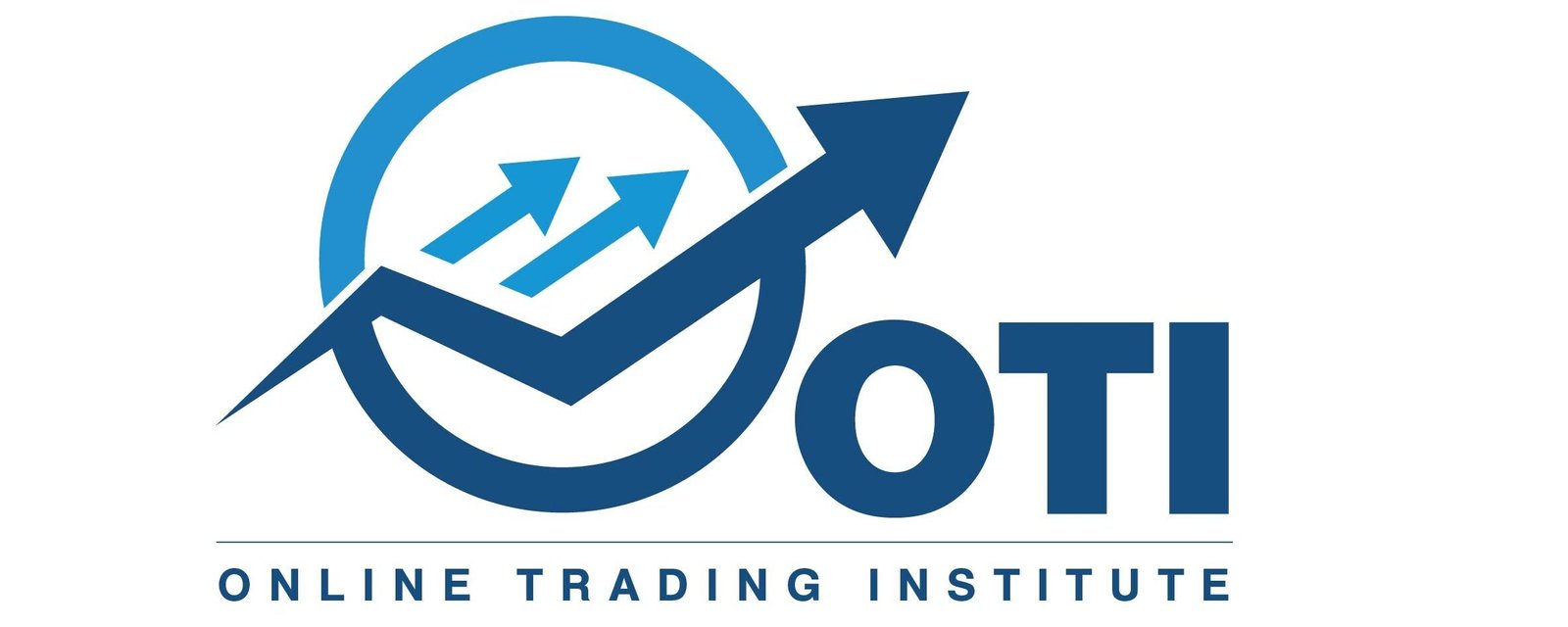Share Buybacks In India: Everything you Need to Know
Did you know that the companies can buy back their shares they have issued to the investors?
If you don’t, read this full guide and get to know about share buybacks, procedure to do it and its benefits and drawbacks.

What is buyback of shares?
Share buybacks, also known as stock buybacks or repurchases, have become a popular financial strategy for businesses all over the world. Share buybacks have a long history in India, dating back to the development of the financial markets.
The Securities and Exchange Board of India (SEBI) has been significant in creating the rules governing share buybacks, maintaining openness and protecting investors’ interests.
Share buybacks have been practised in India since the early 1990s, when SEBI established standards to govern the process.
Changes and improvements have been made over time to improve the efficiency and effectiveness of share buybacks in the Indian market.
Types of Share Buybacks
Share buybacks are classified into two types: open market buybacks and tender offer buybacks.
Open Market Buybacks
In this type, the company, just like any other investor, repurchases its shares on the open market.
The corporation specifies the highest price it is willing to pay for the shares and then allows the market to determine the actual buying price.
Tender Offer Buybacks
In this case, the company makes a public offer to its shareholders to buy back a certain number of shares at a certain price.
If shareholders want to participate in the buyback, they can tender their shares at the stipulated price.
Why do Companies Buy Back their Shares?
Companies purchase back shares for a variety of reasons, many of which are aligned with their financial and strategic goals.
- Undervaluation: If a firm believes that its shares are undervalued in the market, it may choose to repurchase them in order to indicate to investors that the stock is a worthwhile investment.
- Capital Structure Optimization: By returning excess cash to shareholders, organisations can optimise their capital structure. This is frequently regarded as a tax-efficient method of distributing extra funds.
- Earnings Per Share (EPS) Increase: By reducing the total number of outstanding shares, share buybacks can increase a company’s earnings per share. This is especially appealing to businesses looking to increase shareholder value.
- Defensive Move: Companies may use share buybacks as a defensive measure in the face of hostile mergers. By decreasing the number of shares accessible in the market, external entities find it more difficult to establish a controlling position.
Process of Share Buyback
A share buyback procedure consists of multiple steps:
- Board Approval: The share buyback proposal must be approved by the board of directors, defining the maximum quantity and price at which shares would be repurchased.
- Shareholder Approval: In some situations, shareholder approval may be necessary, particularly when the size of the repurchase exceeds a predetermined limit.
- Public Announcement: The corporation issues a public announcement outlining the buyback, including the maximum number of shares available, the price range, and the duration of the program.
- SEBI Approval: The company must obtain SEBI approval by submitting a draft letter of offer.
- Buyback Period: The buyback period begins, during which the firm can repurchase shares from current owners or through the stock exchange.
- Closure and Reporting: The business closes the repurchase at the conclusion of the period, and the results are reported to SEBI and the stock exchanges.
Benefits of Share Buybacks
- Enhanced Shareholder Value: Share buybacks can result in an increase in earnings per share, thereby raising the stock price and delivering value to shareholders.
- Capital Efficiency: Companies can use excess cash more efficiently and optimise their capital structure by repurchasing shares.
- Signalling Effect: When a firm buys back its own stock, it expresses confidence in its future prospects, which may entice more investors.
Drawbacks of Share Buybacks
- Opportunity Cost: The cash used for share buybacks may have been invested in growth possibilities or used for R&D, and passing up these opportunities might prevent long-term growth.
- Market Timing Risks: If a company buys back shares at an overpriced stock, it may end up hurting shareholder value.
- Financial Engineering: Some critics believe that certain companies may use share buybacks as a form of financial engineering to artificially increase stock prices.
Example of a Share Buyback in India
In India, one significant example of a share buy back was Tata Consultancy Services (TCS) in 2018. TCS, one of the top IT service providers, initiated a Rs 16,000 crore share buyback exercise.
The buyback was intended to return excess cash to shareholders while also increasing shareholder value. The procedure was in accordance with SEBI standards, and shareholders were given the option to tender their shares at a predetermined buyback price.
Conclusion
At last, share buybacks in India have evolved as a strategic instrument for corporations to manage their capital structure, convey market confidence, and increase shareholder value.
While the benefits of share buybacks are obvious, organisations must carefully assess the possible negatives and alternate uses of capital to guarantee long-term growth that is sustainable.
As the regulatory landscape evolves, it is essential for companies considering share buyback schemes to stay current on SEBI requirements and market trends.
Get access to market news, updates and trends; follow our telegram channel @onlinetradinginstitute
| Disclaimer: The sole purpose of our financial articles is to provide you with educational and informative content. The content in these articles does not intend any investment, financial, legal, tax, or any other advice. It should not be used as a substitute for professional advice or assistance. |
FAQs
Q.1) Is Share Buyback worth it?
The choice to engage in share buybacks is influenced by a number of factors, including the company’s financial health, growth prospects, and market conditions. Before establishing a share repurchase program, companies must carefully weigh the potential benefits and risks.
Q.2) How Does Buyback Shares Work in India?
SEBI governs the regulatory framework for share buybacks in India. Companies must follow the SEBI (Buy-Back of Securities) Regulations, which outline the process in detail.





